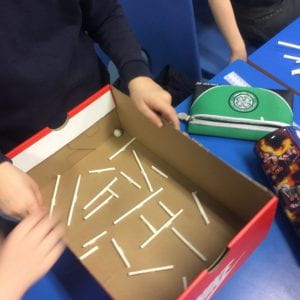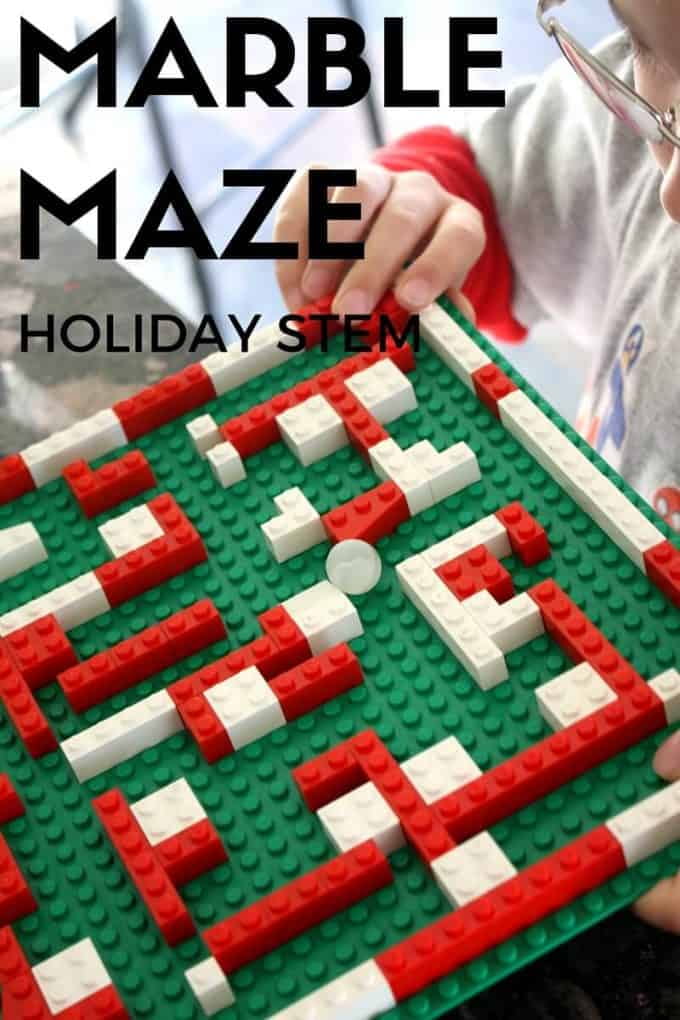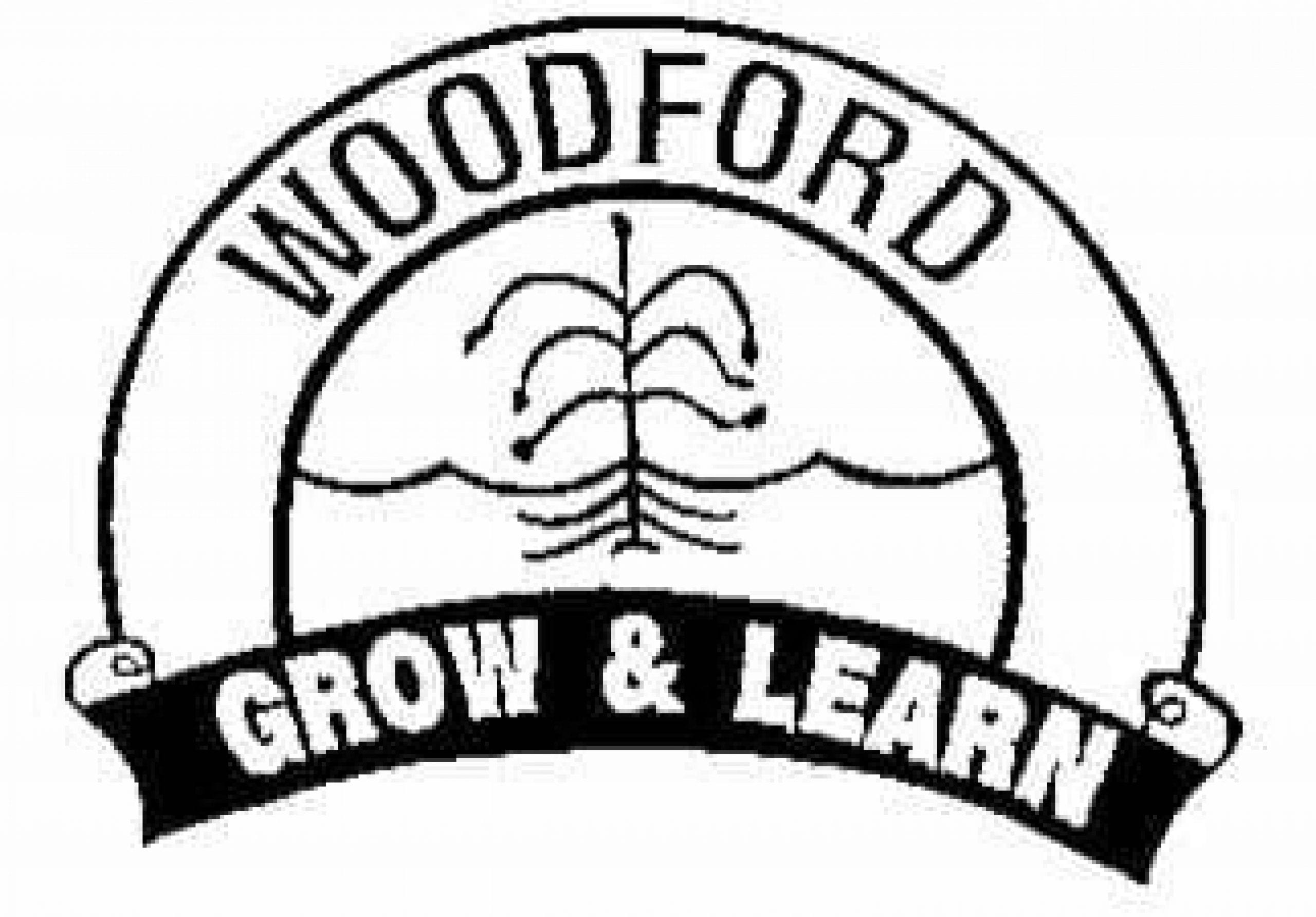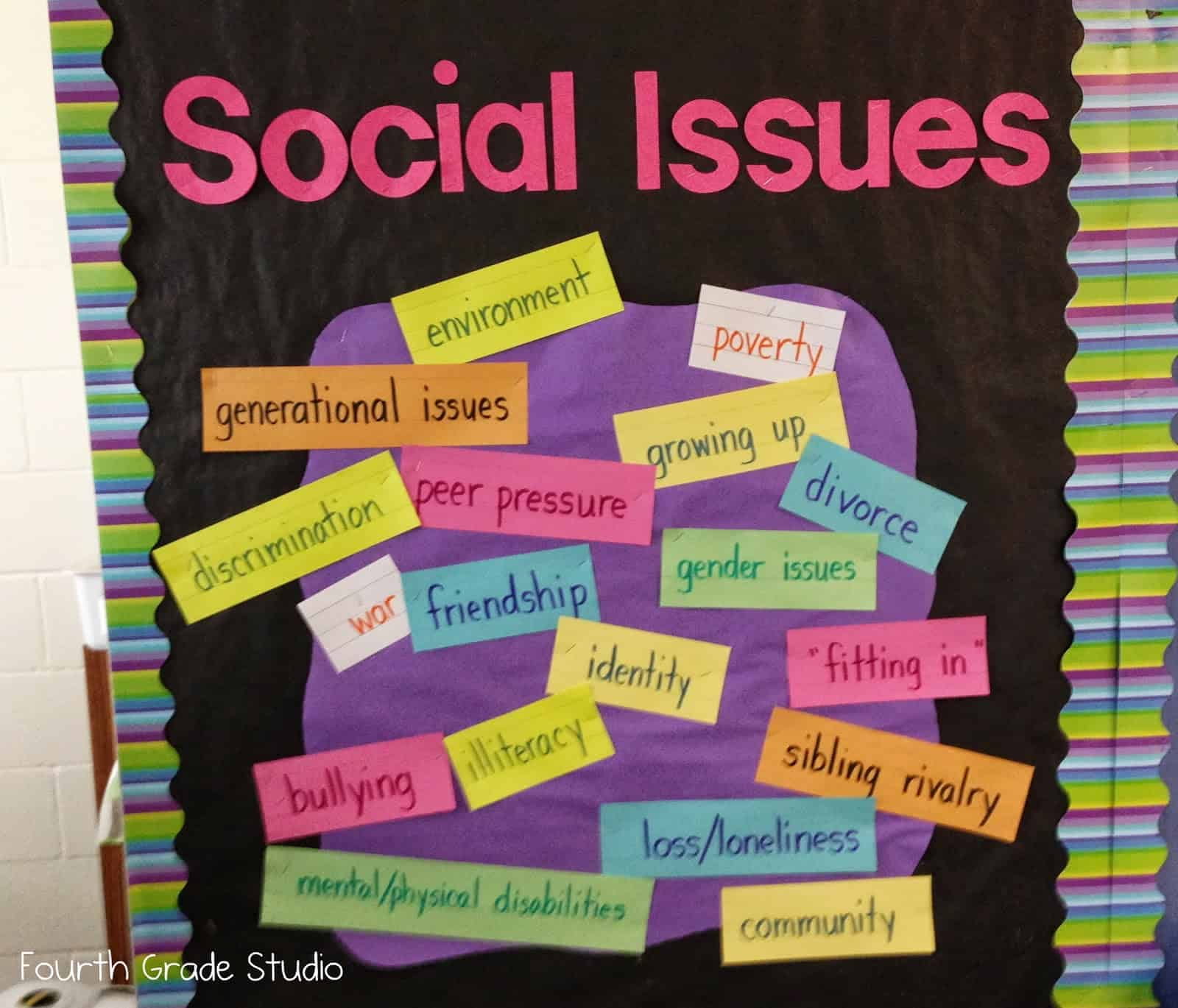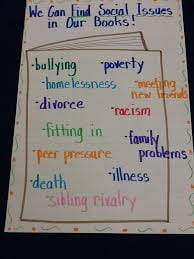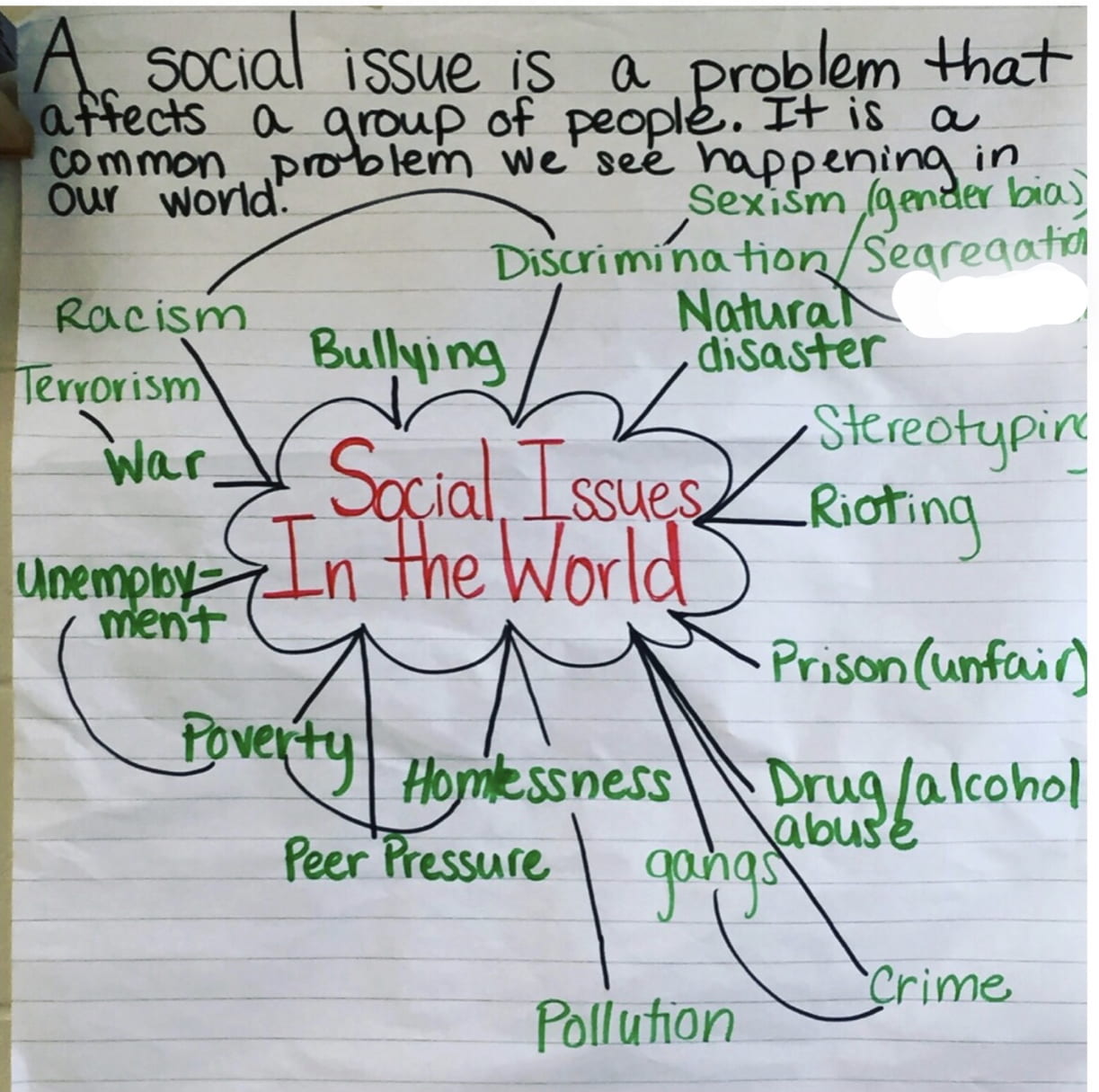
Today is our online teaching day. Please sign into your class webex from 9am-12:15 and join in your class activities.



Learning Intention:
We are learning to discuss whether social issues and different cultural groups are accurately represented in a fiction or nonfiction text.
Success Criteria:
I can:
- I understand what a social issue is, and I can find an example in the text.
- I understand what a ‘cultural group’ is, and I can find an example in the text.
- I can locate social issues and cultural groups in the text and compare how they have been represented in the text with my knowledge of the real world.
- I can confidently locate social issues and cultural groups in the text and discuss reasons why the author has represented them as such, when compared with my knowledge of the real world.
What are ‘social issues’?
A social issue is a problem that can influence or affect many citizens within a community or group.
What is a ‘cultural group’?
Culture is a pattern of behavior shared by a society or group of people. Many different things make up a society’s culture. These things include food, language, clothing, tools, music, arts, customs, beliefs and religion.
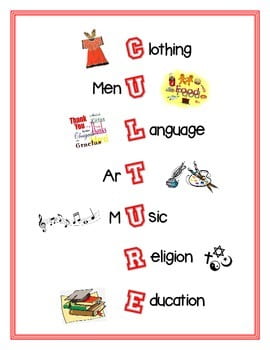
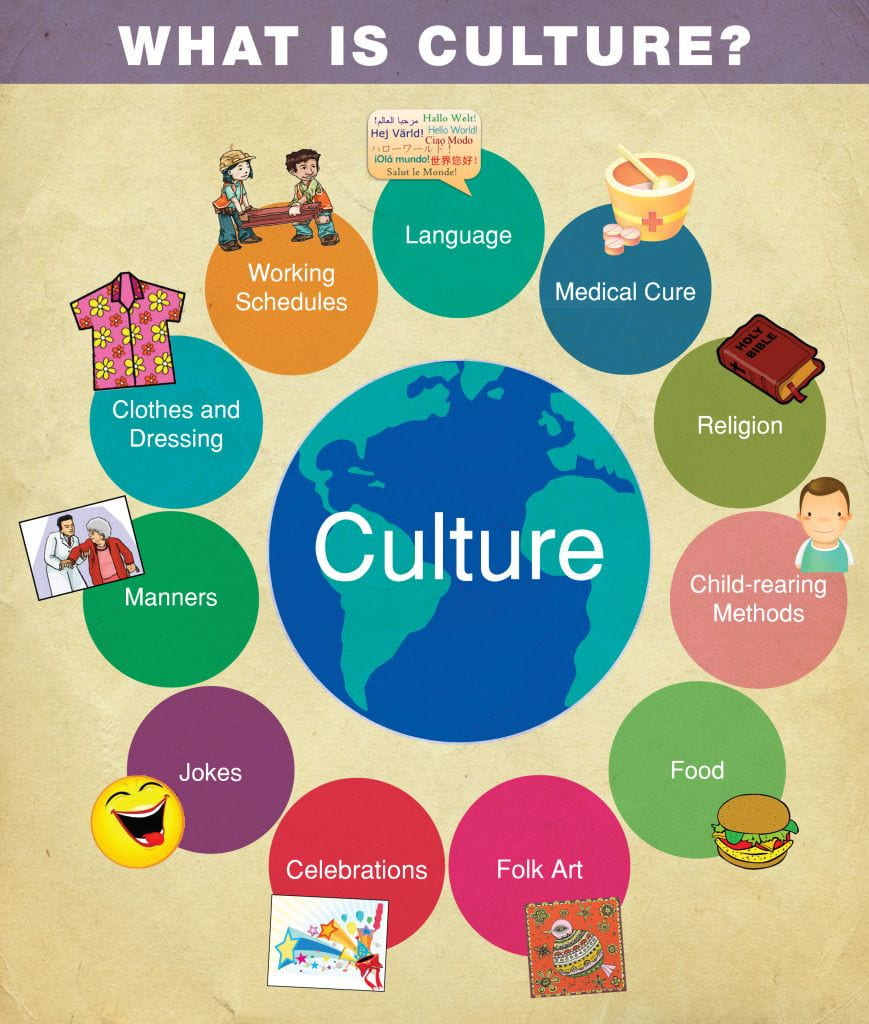
Activity:
- Read your Biographical text.
- Choose a different social issue or cultural group from the list you made yesterday.
| Social issues | Cultural groups |
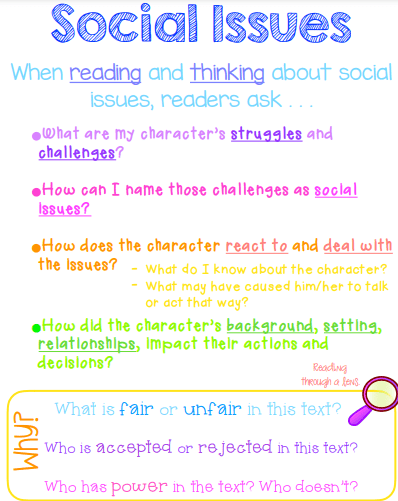
Click here to view a larger picture of the above chart.
- Print off the proforma linked below or rule it up in your book and record your text evidence in the column. Don’t forget to include the page number of the book to indicate where you found your text evidence – (so your teachers can double check if necessary).
- Try and discuss one social issue or cultural group each day using the proforma below.
- Lastly, put yourself in the shoes of the author of your text and come up with reasons why the social issue or cultural group you identified today is/isn’t accurately represented in your text.
Click here to find this week’s Learning Task Proforma: Cultural group / Social issues Proforma
Work Sample: 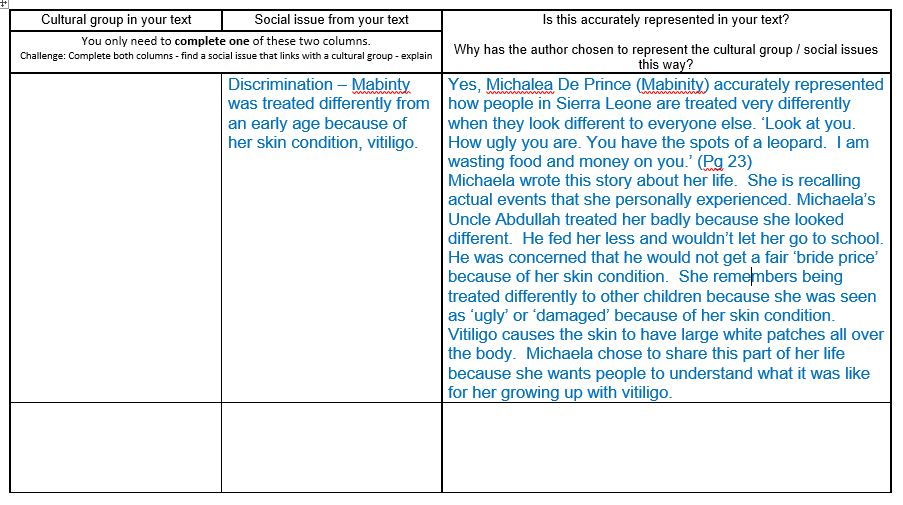
Click here for a bigger view of the work sample.

10am – Fruit Stop & Quick Fresh-Air Break (and go to the toilet if necessary)
10:05am – Dictation
We will be doing this all together. If you are not participating in the Tuesday Webex Timetable practice – you will still need to join us on the Webex to complete your dictation.
Our focus for the past week and a half has been words featuring the /ll/ spelling pattern. You will need enough space to write on, a pencil and/or pen.
Our New Spelling Sound
Our new sound of the week is /or/ sound as in ‘fork’. The sound /or/ can be represented by more than one spelling. /or/ could be <a> <aw> <our> <oar> <au> <oor> <ar> <ore> <ough> <augh>
Choose 8 words from the list below to practice this week.
Hall
Brawl
Popcorn
Sauce
Award
Doormat
Bought
Appalling
Withdraw
Scorching
Dinosaur
Reward
Snore
Nought
Sleepwalker
Sprawl
Assortment
Marauding
Thwart
Carnivore
Fraught
Tuesday Writing Skill Task
Learning intention:
We are learning to write descriptive sentences using alliteration, a form of figurative language.
We can:
- Write a descriptive sentence using alliteration
- Modify words in a previous draft with synonyms
- Carefully select vocabulary to make sense in each example
- Experiment with Figurative Language
Today’s Activity: Alliteration – an undervalued form of figurative language.
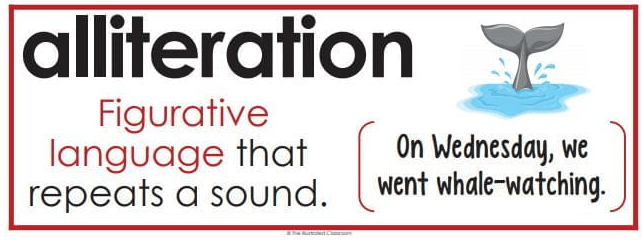
Alliteration is a form of figurative language that repeats the same sound. It is typically the initial or first sound of the word. Newspapers employ this form of figurative language to form catchy news headlines, as they require ‘punch’ using a limited number of words.
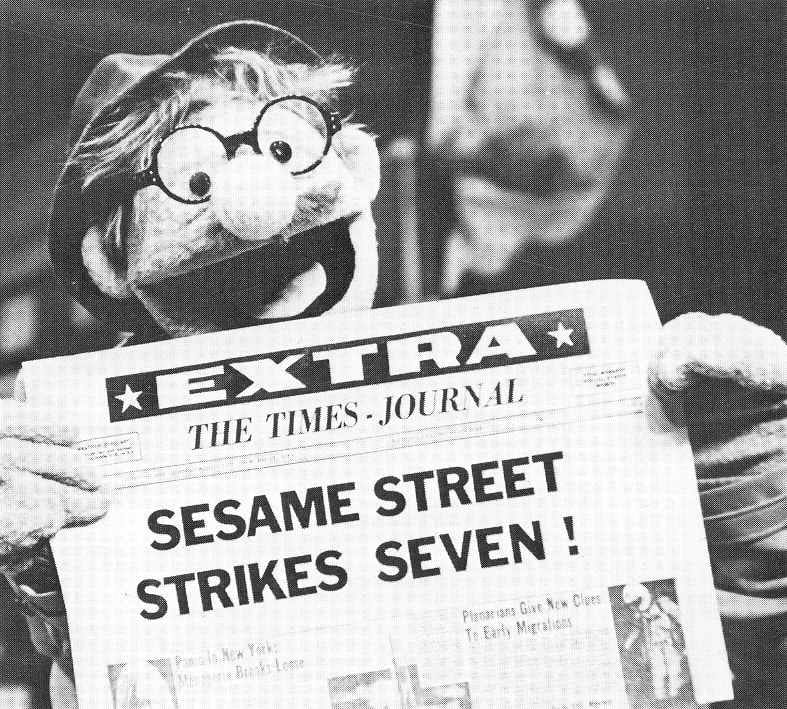
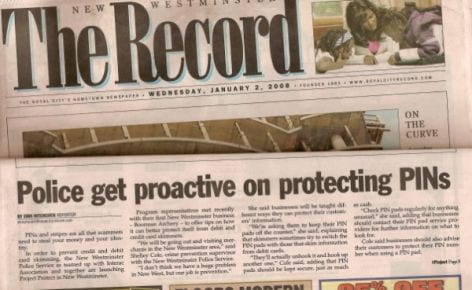
But alliteration really became popular after a book called Animalia was released in 1996 by Greame Base. He used alliteration to create one of the most famous alphabet books of all time.
DIABOLICAL DRAGONS DAINTILY DEVOURING DELICIOUS DELICACIES

LAZY LIONS LOUNGING IN THE LOCAL LIBRARY
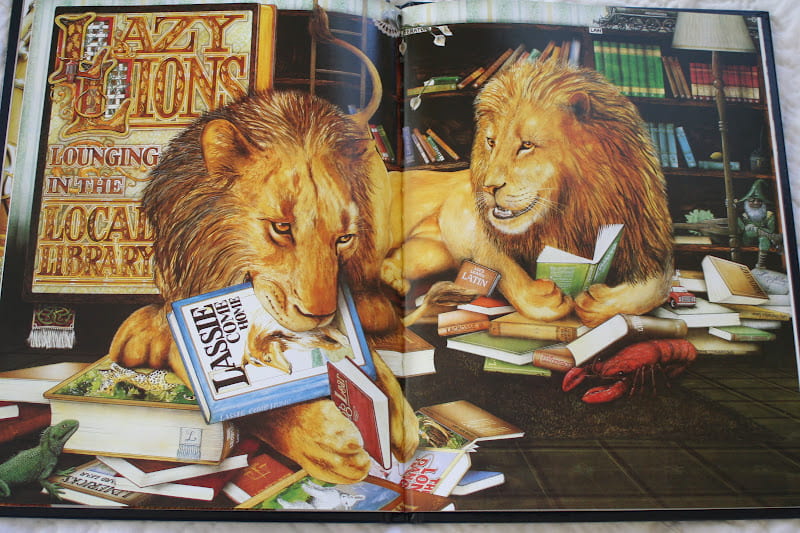
You will notice that not every word must begin using the focus sound of the alliteration.
Now it’s time to have a go. Pick a sound and give it a try.
You may like to have a few drafts or attempts of your alliteration sentence, to edit or improve it with synonyms. Similar to yesterdays task, don’t erase previous drafts – use them to build-up a better example. If you rub out writing, you may forget what you had there!
Please attempt to write 10 alliteration sentences today.
Don’t forget to send them to your teacher today.
(BONUS) CHALLENGE TASK = Write a lipogram
A lipogram is a sentence which deliberately avoids using a specific letter of the alphabet and it is very hard, because:
# the vocabulary used must be carefully selected
# the sentence still needs to make sense
Here’s an example of a lipogram that avoids using the letter – d
A whale is a large marine mammal that lives in the ocean and eats fish or plankton.
FOR AN ADDED CHALLENGE:
# Avoid using a vowel letter, instead of a consonant
# Write a lipogram paragraph.

Tuesday Webex 11:30am: Head back to webex to participate in a whole class maths activity.
 Today we are looking at our multiplication skills. Log into your essential assessment and complete your multiplication post test. Contact your teacher if you need your log in details. This will be completed on the class webex to ensure testing conditions.
Today we are looking at our multiplication skills. Log into your essential assessment and complete your multiplication post test. Contact your teacher if you need your log in details. This will be completed on the class webex to ensure testing conditions.

Today’s STEM Challenge: Build a MAZE!
Using any equipment at home, build a maze for a marble or ball, as long as you can! Time your marble run or make a video and send it to your teacher.
The aim, make your maze as long as you can, make it take as long as possible to finish your maze!
Use whatever materials you already have at home.
See below for some creative maze ideas. The limit is your imagination!

